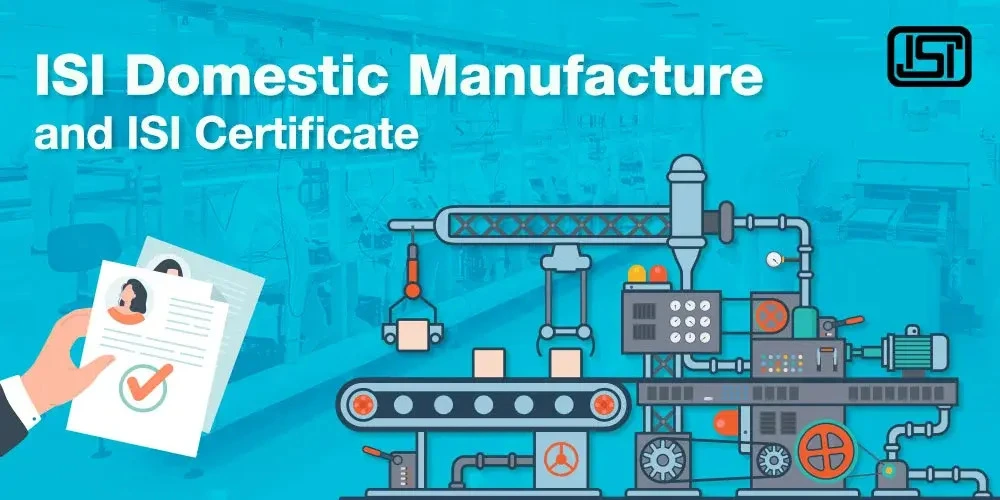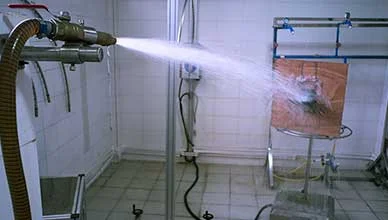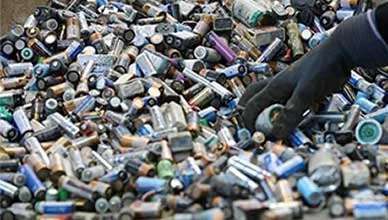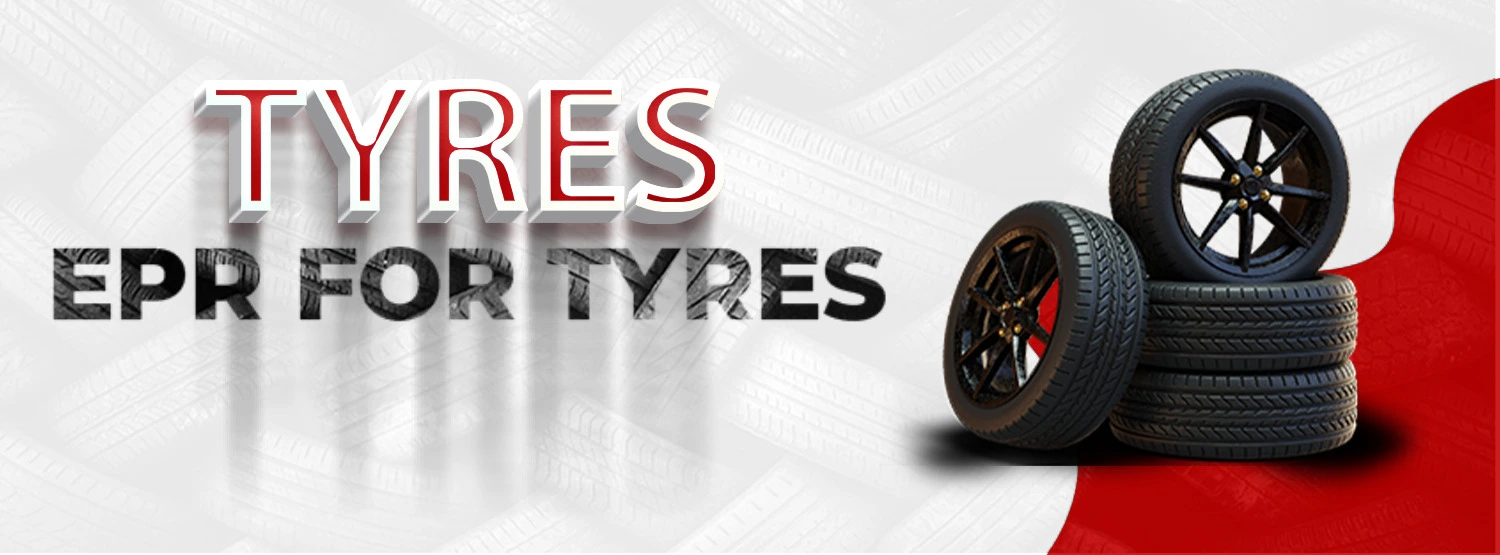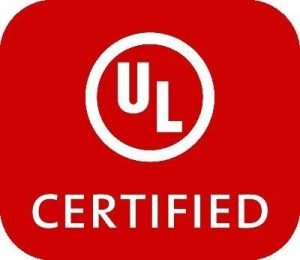LMPC CERTIFICATION
INTRODUCTION
LMPC stands for Legal Metrology Packaged Commodity, is a certification necessary for regulating the import, sales, and distribution of pre-packaged goods in India. In the market, various commodities come pre-packaged with predetermined quantities. For these pre-packed commodities, obtaining legal metrology certification is essential. A pre-packed commodity refers to a product that is packed without the presence of consumers.
This certification plays a crucial role in preventing unfair trade practices related to pre-packaged goods. According to Rule 27 of the Legal Metrology Packaged Commodity Rules established by the Department of Consumer Affairs, companies involved in importing pre-packaged goods to India are mandated to obtain LMPC certification. It's important to note that the registration for LMPC Import License Certification must be initiated within 90 days before the importation process begins. While the rules for LMPC Import License Certification are defined under the Legal Metrology Act, 2009, some states have implemented amended laws to align with their specific requirements.
Ensuring you have an LMPC certificate and following declaration rules is crucial to avoid any issues with your imported goods. Customs may detain goods without the proper certification, resulting in delays, added expenses, and other consequences. To prevent these hassles, make sure to complete your importer registration well before your goods reach India. This proactive step ensures smooth processing and a positive importing experience.
RESPONSIBILITIES OF IMPORTERS FOR LMPC CERTIFICATE
To obtain an LMPC certificate importers need to make sure that their pre-packaged goods include a declaration with specific details. These details should cover:
- Importer's name and address
- Manufacturer's name and address
- Common or generic name of the commodity in the package
- Country of origin of the commodity
- Net quantity in standard units (weight, measurement, or number)
- Month and year of import
- Month and year of manufacture
- Maximum retail price (MRP)
- Dimensions of the commodity (if applicable)
- Name, address, and contact details (telephone number and email address, if available) of the person or office to contact in case of customer complaints.
The declaration content may vary depending on the product. It must be in Hindi or English, and there are specific rules on how the declaration should be displayed on or affixed to the packaging. Detailed instructions for each piece of information are provided to ensure compliance. To stay informed and compliant, refer to the Legal Metrology (Packaged Commodity) Rules.
THE REQUIREMENT FOR AN LMPC IMPORT LICENSE
The requirement for LMPC Import License Certification isn't limited to importing companies. Even companies involved in producing and packaging pre-packaged goods must register for this certification. If a company is importing goods and plans to sell or distribute them in a specific state, it must obtain the LMPC Import License Certification from the Controller of that particular State. However, if the company intends to sell or distribute its products in multiple states, it should apply for registration with the Director at the Central Government, with support from the Local Controller.
So, it's not just about the importers; those manufacturing and packaging goods also need to ensure compliance with the LMPC regulations by obtaining the necessary certification.
EXEMPTIONS FOR REGISTRATION OF LMPC CERTIFICATION
While the LMPC certificate is compulsory for the import of most pre-packaged goods, certain categories are exempt from this requirement. These exemptions include:
- Goods with a net weight or measure of 10 grams or 10 milliliters or less.
- Agricultural produce packaged in quantities exceeding 50 kg.
- Packages containing fast food items, packaged by restaurants or hotels.
- Packages containing formulations covered by the Drugs (Price Control) Order, 1995.
Additionally, Chapter 2 of the Legal Metrology Act, which outlines regulations for packages intended for retail sale, does not apply to:
- Packages containing commodities weighing more than 25 kg or 25 liters (excluding cement and fertilizers sold in bags of up to 50 kg).
- Packaged goods intended for industrial consumers (those purchasing directly from the manufacturer for use in their industry) or institutional consumers (such as airlines, railways, hotels, and hospitals).
DOCUMENTS REQUIRED FOR LMPC REGISTRATION
Get ready for a smooth LMPC registration process by ensuring you have the following documents in order:
- Importer Exporter Code (IEC)
- GST registration certificate
- Passport-size photograph of the applicant
- Proof of identity and address
- Sample of the declaration (label) for the commodity
- Aadhaar number of the applicant/authorized signatory
- Registered partnership deed for partnership firms/memorandum of articles for companies
Additionally, depending on the state of registration, you may need:
- Proof of the applicant's date of birth
- Documentary proof of ownership/lease of premises
- Location map of the premises
- No objection certificate from Pollution Control Board or a relevant authority.
Prepare these documents, and you'll be on your way to a hassle-free LMPC registration!
BENEFITS OF OBTAINING AN LMPC IMPORT LICENSE CERTIFICATION
There are several key advantages associated with obtaining an LMPC Import License Certification under the Legal Metrology Act, 2009. These include:
- Cost Savings: The issuance of the LMPC Import License helps reduce transaction expenses, making the importation process more cost-effective.
- Boost to Local Production: It promotes the importation of products, contributing to the growth of local industries and businesses.
- Revenue Generation: The certification process aids in generating revenue for the government through the regulated importation of goods.
- Overcoming Technical Hurdles: LMPC Import License Certification helps overcome technical challenges related to the importation process.
- Enhanced Consumer Confidence: The certification builds trust among consumers, assuring them of the quality and authenticity of the imported, distributed, or sold brands.
Obtaining an LMPC Import License Certification brings about financial savings, supports local industries, contributes to government revenue, addresses technical challenges, and enhances consumer confidence in the imported products.
LMPC IMPORT LICENSE CERTIFICATION REGISTRATION PROCEDURE:
1. State-specific Application Process:
The application process for LMPC Import License Certification varies among states. Some states offer an online submission system for convenience. If the online system is unavailable, the applicant must visit the Legal Metrology Department Office in the respective state for application submission.
2. EVTLINDIA Assistance:
Companies can enlist the help of EVTLINDIA to simplify the registration process. This assistance aims to streamline registration, reducing the risk of rejection for LMPC Import License Certification.
3. Mandatory Registration for Importing Companies:
Indian companies importing pre-packaged goods must register their name and address. Registration options include the Central Government or the Controller of Legal Metrology in the applicable state.
4. Director of Controller's Role:
Upon application acceptance, the Director of Controller, acting as the registering authority, records essential information. Key details include the importing company's name and the correct address for LMPC Import License Certification issuance.
5. License Validation Period:
LMPC Import License Certification remains valid for a minimum of one year. The certification can be extended up to a maximum of five years.
As per the 2011 Legal Metrology Pre-Packed Commodity Rules, there are two types of Legal Metrology Registration Online:
1. LMPC Importer Registration under Rule 27:
Mandatory for those importing pre-packaged commodities to sell in India without additional packaging and labeling activities. Required for importing hazardous chemicals, with a certificate valid for five years and renewable. Application documents include
- Form I
- Details of the dangerous substances
- Safety data sheet, test reports
- IEC copy
- PAN card
- GST registration
- Declaration of conformity
- Any other documents specified by the Chief Controller of Explosives (CCoE).
2. Packer & Manufacturer Registration under Rule 27 for LMPC:
Necessary for those involved in manufacturing and packaging goods or outsourcing manufacturing with their brand. Required for manufacturers and packers of proprietary food articles (PFAs) under FSSAI guidelines. Application requires
- Form A
- A declaration of compliance
- Proof of identity
- Proof of premises ownership or occupancy
- Food safety management system plan
- A list of food articles to be packed or manufactured.
CONCLUSION
The LMPC (Legal Metrology Packaged Commodity) certification plays a pivotal role in regulating the import, sales, and distribution of pre-packaged goods in India. With the market flooded with commodities packaged with predetermined quantities, obtaining legal metrology certification is imperative. This certification becomes especially crucial for pre-packed commodities, referring to products packed without the presence of consumers.
Ensuring compliance with LMPC regulations and having the necessary certification is crucial for importers, manufacturers, and packaging companies. The responsibilities of importers for LMPC certification include providing specific details in the declaration, such as name and address, manufacturer details, commodity information, and more. Failure to comply with these rules can lead to customs detaining goods, causing delays, added expenses, and other consequences.
The LMPC registration process requires essential documents, such as Importer Exporter Code, GST registration certificate, and proof of identity. Depending on the state of registration, additional documents may be necessary.
The LMPC Import License Certification is a comprehensive framework designed to ensure the fairness, transparency, and quality of pre-packaged goods in India. Obtaining this certification brings about financial savings, supports local industries, contributes to government revenue, addresses technical challenges, and enhances consumer confidence in the imported products.
To get the assistance you can get in touch with us via email at contact@evtlindia.com or by phone at 9560935898. Please don't hesitate to contact us whenever you require assistance.
- Home
- About Us
-
Services
- BIS ISI Mark Certification
- BIS-CRS Certification
- ISI Domestic Manufacture
- EPR Plastic Waste
- EPR E-Waste
- EPR Registration
- EPR Battery Waste
- BIS FMCS Registration
- WMI Registration
- BIS ECO Mark Scheme
- BIS Certification for Footwear
- EMI-EMC Test
- RF Testing
- IP Rating Test
- TEC Approvals
- NABL Testing
- LM 79 & LM 80
- ROHS Approval
- CE Certificetion
- EPR Importance
- EPR For Tyres
- EPR For Used Oil
- TradeMark
- Copy Right
- WPC-ETA Approval
- BEE Registration
- FSSAI Registration
- Gem Registration
- BIS Certification for Toys
- Import Export License
- Custom Compliance
- LAB Setup and lab equipment
- UL Certification
- CDSCO Approvals
- Drug License
- NOC For Steel
- IMEI Registration
- ISO Certification
- Legal Metrology
- NSIC Registration
- Start-Up Registration
- Make in India Mark
- LMPC Registration
- CDSCO Registration
- Updates
- Gallery
- Clients
- Contact Us





